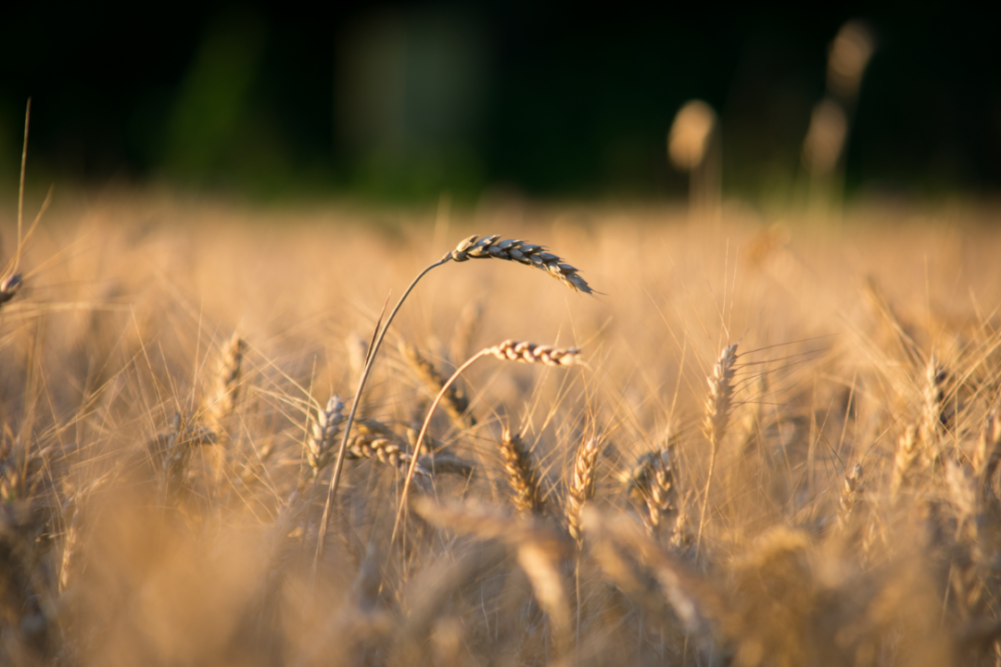WASHINGTON — The International Maize and Wheat Improvement Center (CIMMYT) was awarded a $5 million grant from the Foundation for Food and Agriculture Research (FFAR) to develop climate-resilient wheat.
CIMMYT leads global research programs on maize and wheat, sustainable cropping systems and policies to improve farmers’ livelihoods.
According to FFAR, wheat is one of the most popular grown cereal crops in the world and the third-largest crop grown in the United States by acre. The research conducted by CIMMYT will help wheat producers be less dependent on rainfall for irrigation and help the plant adapt to climate changes like extreme heat and drought.
“FFAR leverages public agriculture research funding through public-private partnerships to pioneer actionable research,” said Sally Rockey, executive director of FFAR. “With temperatures on the rise and water becoming scarcer, we are committed to supporting wheat farmers and providing new wheat varieties designed with future environmental challenges in mind.”
CIMMYT researchers and collaborators are applying approaches in genomics, remote sensing and big data analysis to develop new breeding technologies. An intervention that will explore the reserve of wheat genetic resources to fortify the crop against current and future climate-related stresses.
“This project will help bridge a longstanding gap between state-of-the-art technological findings and crop improvement to deliver climate resilient wheat to farmers as quickly as possible,” said Matthew Reynolds, head of wheat physiology at CIMMYT and principal investigator of the project.
Breakthroughs from the FFAR funded project will impact growers via the International Wheat Improvement Network that supplies new wheat lines to public and private breeding programs worldwide.
The research and breeding supported by FFAR will be conducted under The Heat and Drought Wheat Improvement Consortium (HeDWIC), a project led by CIMMYT in partnership with experts around the globe, working to ensure wheat’s long term climate resilience.
“‘Heat,’ ‘drought’ and ‘wheat’ are three of the most important words for billions of people,” said Kevin Pixley, interim deputy director for research of CIMMYT. “This partnership between CIMMYT and FFAR will help ensure that the best agricultural science is applied to sustainably raise production of one of the world’s most important staple crops, despite unprecedented challenges.”
FFAR’s investment was matched by a $4.5 million contribution from the CGIAR Research Program on Wheat, as well as a $7.5 million contribution from Accelerating Genetic Gains for Maize and Wheat, which is jointly funded by The Bill & Melinda Gates Foundation and the UK Foreign, Commonwealth, and Development Office (FCDO), for a total $17 million investment to advance wheat breeding research.
The FFAR builds public-private partnerships to fund bold research addressing big food and agriculture challenges. FFAR was established in the 2014 Farm Bill to increase public agriculture research investments, fill knowledge gaps and complement USDA’s research agenda.






